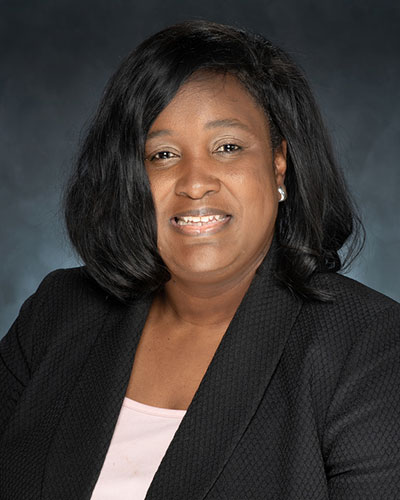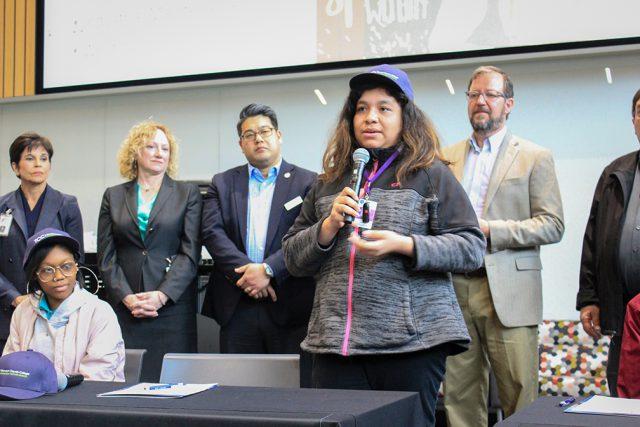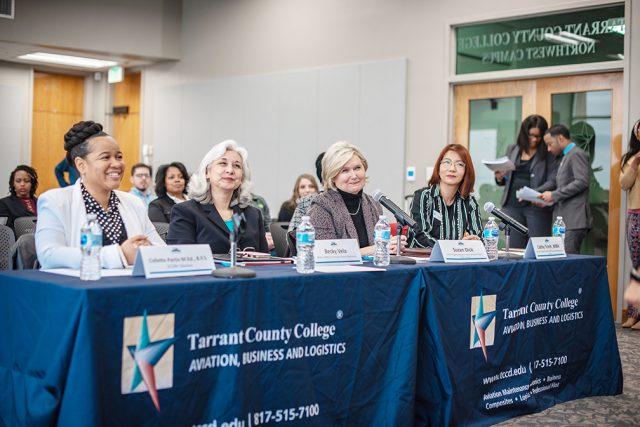By Veronica Rosas/reporter
In a live lecture from Birmingham, England, Kehinde Andrews, Birmingham City University’s professor of black studies, delivered the “Emory Douglas Black History Month Lecture,” and stated his book, Black to Blackaddressed what it’s like to be black around the world.
The lecture was streamed online so TCC students could hear Andrews from their homes or anywhere they had access to the internet.
Andrews began the lecture by mentioning Emory Douglas, the primary artist for the Black Panther political party. Douglas’ art was politically purposeful and effective, Andrews said. Andrews set Douglas’ work apart from modern day political art.
“Art without politics is not enough,” he said.
Andrews said the word “revolution” has lost its meaning because of how loosely it gets used. Beyonce’s Super Bowl performance was not revolutionary as others had suggested it was, Andrew said.
Beyonce’s outfit may have made a reference to the Black Panthers, but it was a glorified, sexualized version of their attire, he said, adding that her performance actually disempowers women.
“Cultural is crucial, but it is not revolution,” Andrews said.
Black radicalism has been given a bad reputation by being associated with violence and anti-white sentiment, Andrews said.
The system appears to be broken, and there is “racism is the system,” Andrew said. Having black police officers, teachers or even a black president isn’t a victory but a way for the system to give everyone just enough to hope, he said.
The lecture itself is a “real transatlantic conversation of this issue/topic,” said Anthony Squires, the lecturer’s organizer. He added it wasn’t necessary to be black to be interested in Andrews’ book, and anyone could take something from the lecture.
A question-answer period between Birmingham and TCC students followed the lecture.
“How can non-blacks be allies without speaking for (blacks)?” an online, anonymous student asked.
“If you’re not white, you’re black,” Andrews responded, adding that ultimately the answer was to speak with blacks and not for them.








































